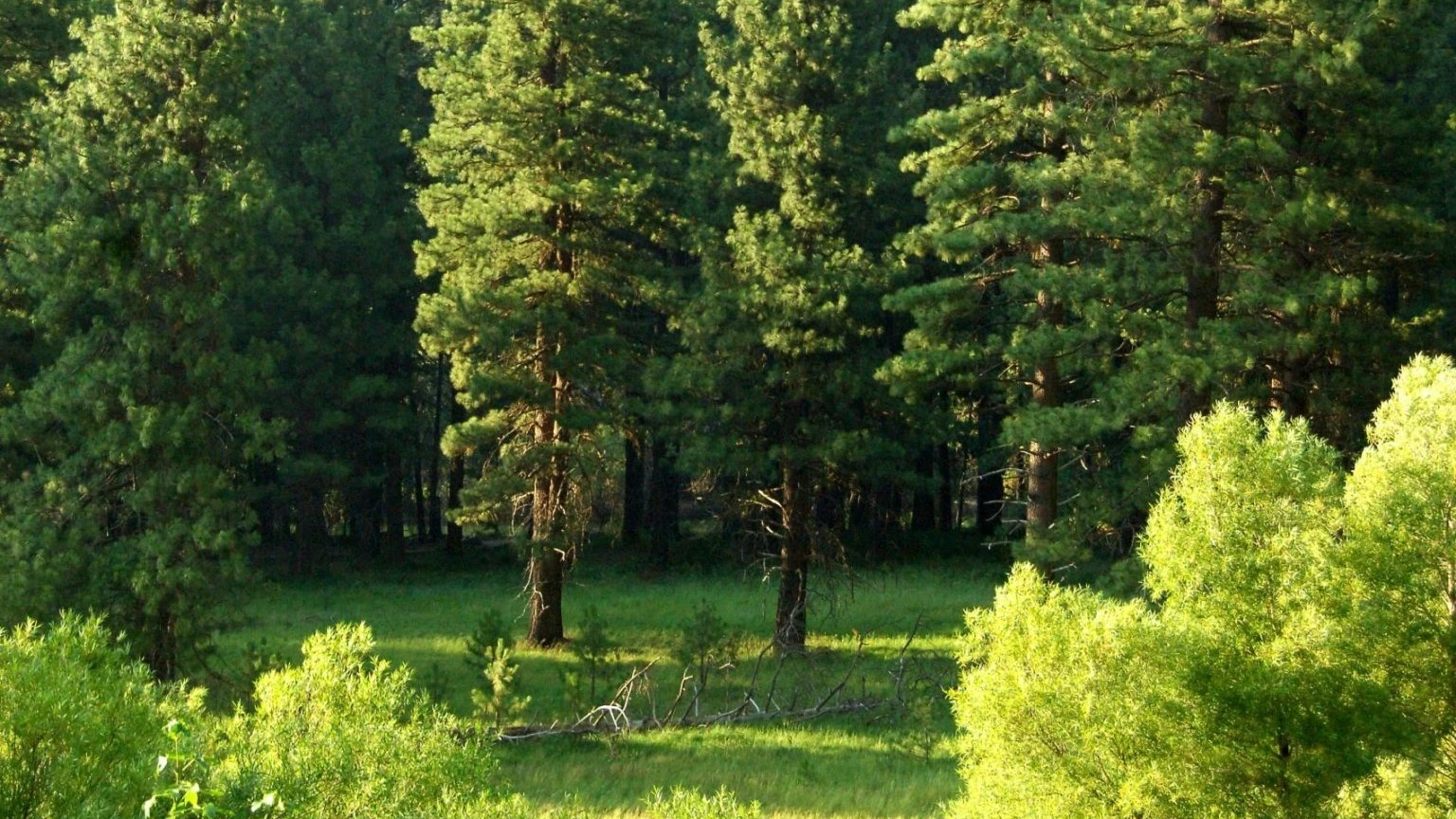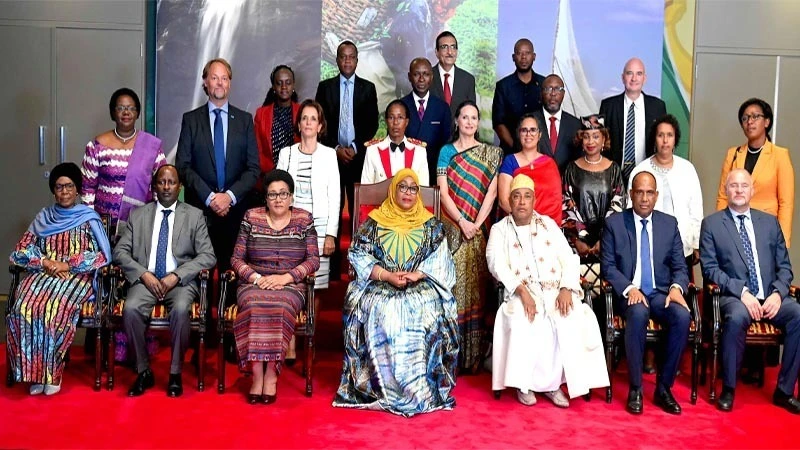VP: Study invasive species, bush fires

VICE President Dr Philip Mpango has advised the Tanzania Forestry Research Institute (TAFORI) to initiate research that may help combat the current surge of invasive weeds.
Dustan Kitandula, the Natural Resources and Tourism deputy minister, made this appeal in an address he attiributed to the VP, pointing at the negative effects of invasive alien species as threatenin g the nation’s farming and livestock sectors.
“Invasive species are also stifling efforts to conserve wildlife and other natural resources across the country's landscape and taking a major toll on the country’s economy,” he explained at the opening session of the third national scientific conference organized by TAFORI.
More than 900 scholars, ministerial experts and agency officials in natural resources, forestry, tourism and scientific research bodies, conveerged under the theme ‘restoring forest cover for sustainable development and intercepting climate change.’
The presiding guest used the platform to ask the Tanzania Forest Services (TFS) agency to come up with a lasting solution to curb incidents of bush fires withering natural forests, citing frewquent outbreaks on Mount Kilimanjaro.
He urged TFS and TAFORI to work closely with local farmers as a participatory dimensiont in conservation programmess and initiatives on the ground..
This is the best way to guarantee their mission becomes successful,k he said, while Prof Verdiana Masanja, the TAFORI board chairperson, appealed to the government to set aside funds for extensive research for lasting solutions to crucial environmental and climate challenges.
TAFORI faces an acute shortage of manpower especially botanical researchers, she said, afforming that so far Tanzania has 85 forest and tree related researchers.
Lucy Mayenga, a parliamentary committee member of for Land, Natural Resources and Tourism, said the importance of forests cannot be understated, as sources of water, livelihoods and as natural habitats to abundant wildlife species.
The Mainland has upwards of 48m hectares of bush or forest, equivalent to 55 percent of the 88.6m hectareso land area, while Zanzibar forest area of extends 106,500 hectares, or 40 percent of total land area, official data indicates.
Top Headlines
© 2025 IPPMEDIA.COM. ALL RIGHTS RESERVED






















